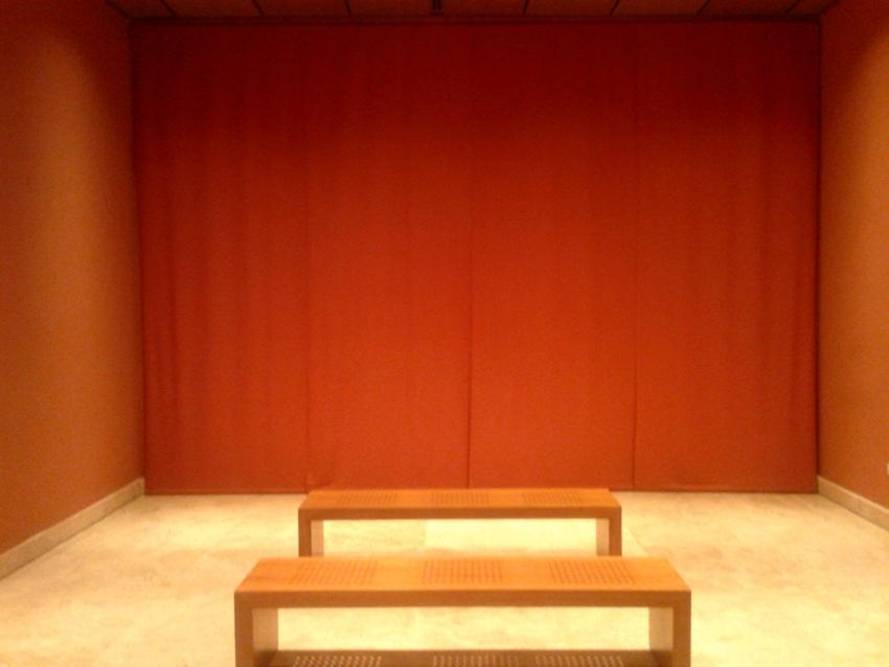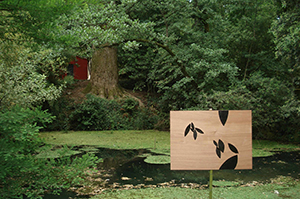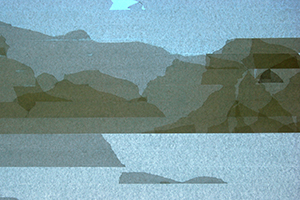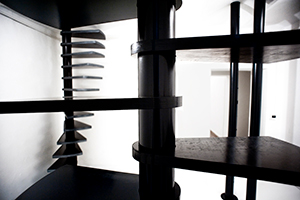
Games
Since the early works of Emiliano Zelada, sound, in relation to the individual, the natural and built spaces, is the “material” at the base of his research. For the Sound Corner he presents Games a work in which the soundtrack is the only “matter” of the work.
In 2010, WikiLeaks published a video filmed three years earlier from a U.S. Apache helicopter during an attack in Baghdad, in which several civilians were killed. The requests to open fire and the cold comments of the soldiers in the scene are shocking.
What we hear in Games is a dialogue between two battling guys, but the tone is excited and amused. This is a recording between two players in an online game. In Games we find connections between the audio track of this moment of virtual gaming, with real-life parts of the video published by Wikileaks. At this point, our listening takes another type of consciousness. We can consider this work with two possible and opposing analyses concerning our relationship with reality, both real and virtual. A reality in which, today as never before, we see the participation of computers, the Internet and video games.
On the one hand Games can be an invitation to formulate questions on the actual veracity of the facts learned from the available sources, in an auspicated attempt to search for a true consciousness of the present. On the other, it highlights the worrying possible tangencies between reality and virtuality and how this combination is present in the social aspects. “Our electric technology has profound consequences on our normal way of perceiving and acting. These consequences occur in the daily sensory life, which creates the vortices and the matrices of thought and action.”(1) Games works on the non-definition between what is real and simulated, and on the possible and alarming identification of the virtual in reality and vice-versa. Since “video games are something that you do, a world in which you enter and […] something that one becomes”(2), the derivative effects of some technologies may lead to the encroachment of the border between reality and virtuality with the resulting “sensory deprivation that often is turned into a real perceptual primitivism.”(3)
Alberto Fiore
1. M. McLuhan, La galassia Gutenberg. Nascita dell’uomo tipografico, Armando Editore, Roma 2004, p. 58
2. S. Turkle in G. Pecchinenda, Videogiochi e cultura della simulazione, Editori Laterza, Bari 2003, p. 98
3. Ibidem, p. 150
Auditorium Parco della Musica
Rome, IT, 2014
sound
7m04s





